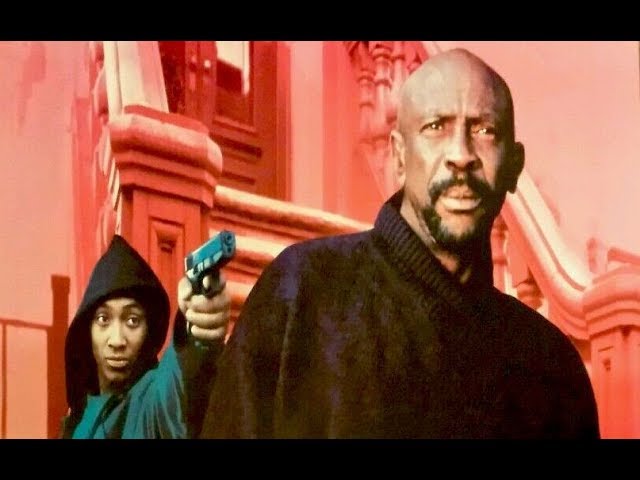Starring: Khalil Kain, Louis Gossett, Jr., C.C.H. Pounder and Charles S. Dutton
Rated: R Drama, Action
In this film, Zooman (Khalil Kain) is a callous gang member with a hair-trigger temper. Upon seeing members of a rival gang hanging out in his neighborhood in Brooklyn, he begins shooting at them, regardless of those around. When the smoke clears, a little girl, Jenny Tate, has been murdered.
Adding to the tragedy of her parents, Reuben (Louis Gossett, Jr.) and Rachel (Cynthia Martells), is their neighbors’ refusal to identify Zooman, fearing his wrath and reprisal. However, a brave and heartbroken Reuben draws media attention to the corruption, violence and fear in his community, further splintering the neighborhood.
What does justice look like for Reuben and how far is he willing to go for it and peace? This film leaves the viewer wondering!
Zooman is based upon the 1979 Obie Award-winning play, Zooman and the Sign. The play, performed by the Negro Ensemble Company, was produced by the company’s co-founder, Douglas Turner Ward. Premiering at the Theatre Four facility at 424 W. 55th Street in New York City, it starred Giancarlo Esposito.
Zooman and the Sign was written by award-winning, African-American playwright Charles Fuller. He is perhaps best known for his work, A Soldier’s Play, for which he won the Pulitzer Prize for “Drama” in 1982. As A Soldier’s Play was turned into a film, A Soldier’s Story (also critically-acclaimed), so was Zooman and the Sign.
There are slight differences between the play and the film. These differences include the setting, (Philadelphia, late 1970s vs. Brooklyn, mid-1990s) and the age of Jenny (twelve years old vs. nine years old). However, these differences never strayed from the themes critical to the play and they were approved by Fuller, who adapted it for film.
Zooman was hailed by many for its critical examination on life in urban communities. CCH Pounder was nominated for a 1996 “Outstanding Actress in a Television, Movie Mini-Series” Image Award of the National Association for the Advancement of Colored People (NAACP). Charles Fuller won the 1996 “Literary Award – Teleplay” of the PEN Center USA West Literary Awards.

